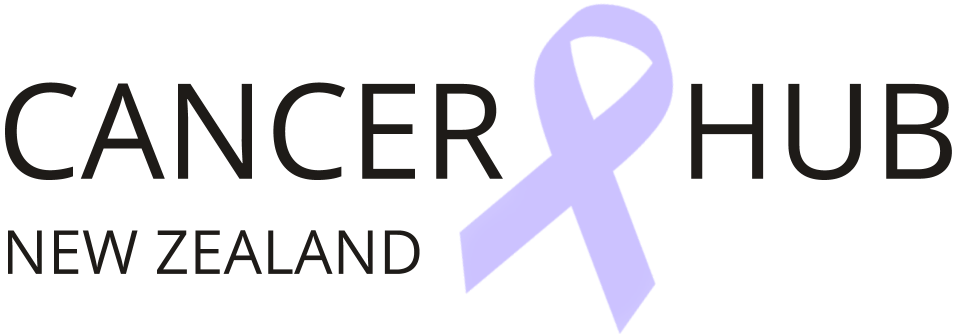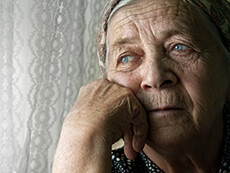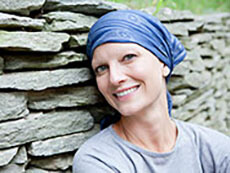You may have just learned that you have cancer. Or you may be in treatment, finishing treatment, or have a friend or family member with cancer. Having cancer changes your life and the lives of those around you. The symptoms and side effects of the disease and its treatment may cause certain physical changes, but they can also affect the way you feel and how you live.
Click here to view a collection of links to cancer patient treatment and support resources in NZ.
Research shows that support and emotional connections benefit cancer treatment. Click here to be connected to extensive lists of resources and services available for support. Although a number of these services are not physically located in NZ, New Zealanders can nevertheless avail of their services, and these organisations listed are of high quality , with a good reputation. For example, Mylifeline is an organisation with an excellent support framework that helps cancer patients keep loved ones and friends up-to-date with how they are doing, for example helping patients convey their story without pressure of feeling obligated to share the same information multiple times to many different people. In addition Mylifeline and Cancer Support Community can help patients to simplify life and receive encouragement, inspiration, and hope in the face of adversity.
The information in this section is meant to help you cope with the many issues and concerns that occur when you have cancer. There are resources available to help you learn about the disease and about the people who can help you. See our publications on coping and our evidence-based PDQ® summaries about supportive and palliative care topics. Know that you are not alone.
Feelings and Cancer
Cancer can bring up a wide range of feelings, whether you’re in treatment now, done with treatment, or a friend or family member. Learn tips for coping with the many emotions that arise with cancer.
Adjusting to Cancer
Information that helps you and your family face life’s changes from cancer. Includes talking with your doctors, talking to children, changes for the family, and information on cancer support groups.
Self-Image & Sexuality
Cancer and its treatment can affect how you look and feel about yourself and your body. There are steps you can take to cope with body changes and issues related to sexuality and intimacy.
Day-to-Day Life
While dealing with cancer can be hard, there are actions you can take to adjust to your new way of life. Find tips for keeping up with your daily routine, going back to work, and finding comfort and meaning.
Support for Caregivers
If you are helping your family member or friend through cancer treatment, you are a caregiver. Being a caregiver can be very stressful, but you can find ways to care for yourself while caring for others.
Survivorship
Many cancer survivors say that once treatment ended, it was hard to make a transition to a new way of life. Find out how to adjust to physical and emotional changes, deal with common family issues, and plan for follow-up care after treatment.
Questions to Ask Your Doctor about Cancer
Sets of questions, organized by topic, that cancer patients may want to ask their doctors or other members of their health care team to learn more about their cancer and what to expect.
Research
Find research articles on coping with cancer, which may include news stories, clinical trials, blog posts, and descriptions of active studies.








